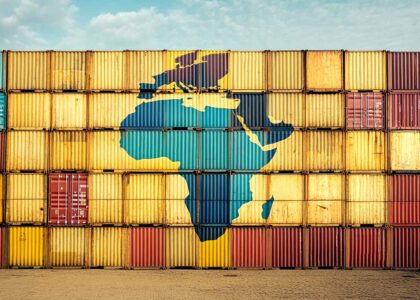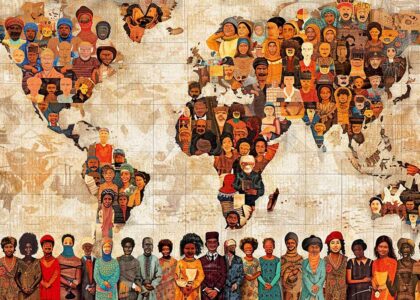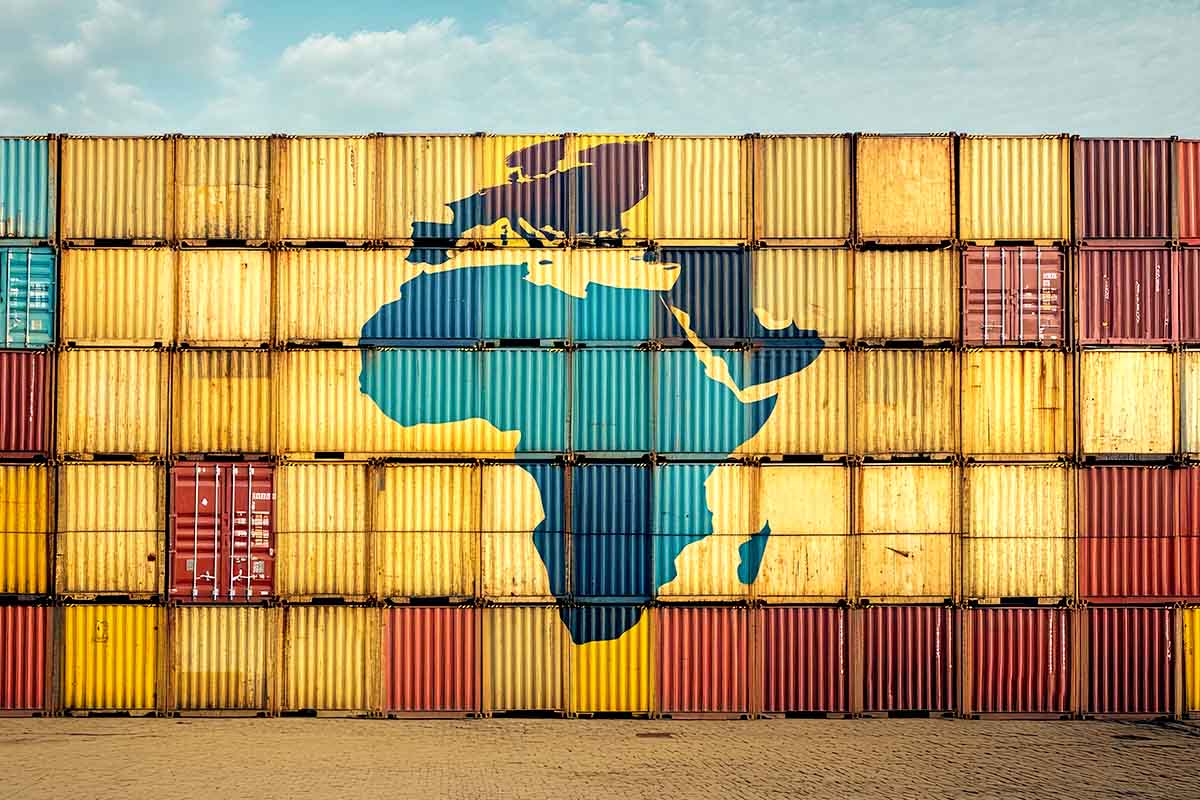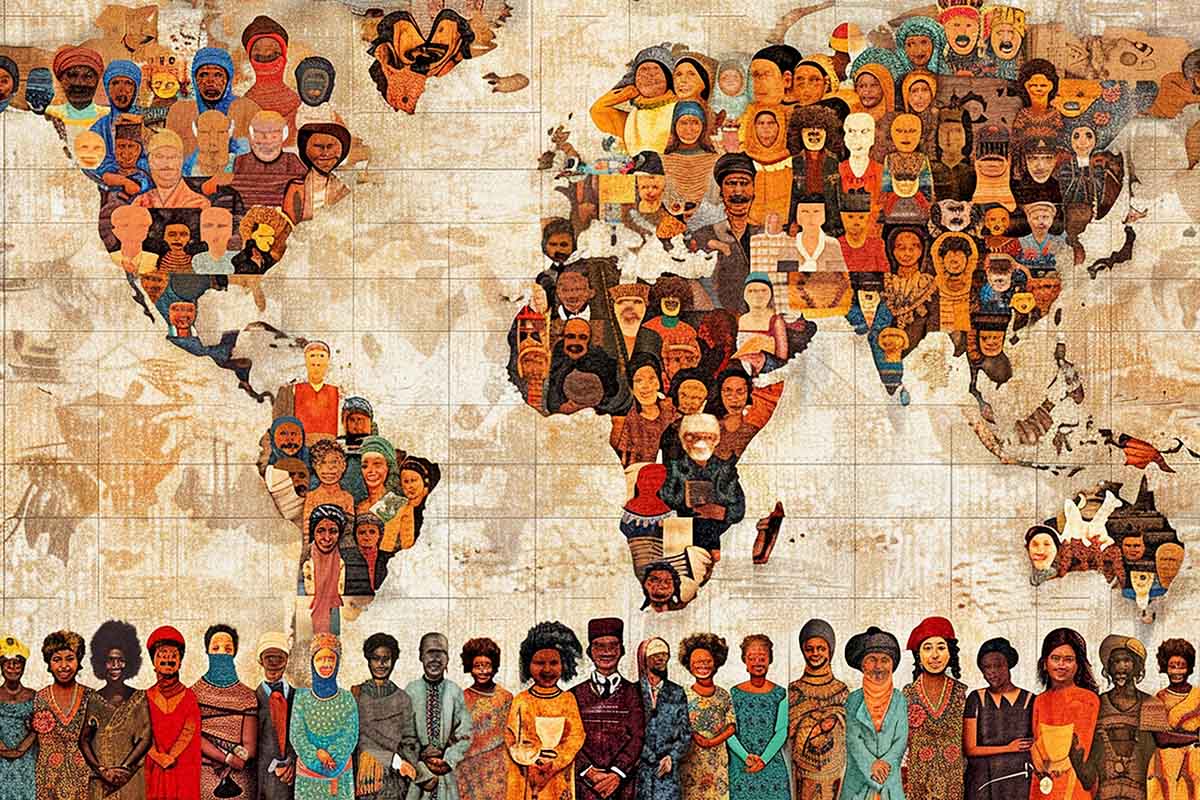SKILLS TRANSFER: LEVERAGING THE DIASPORA’S EXPERTISE FOR AFRICA’S GROWTH
With a burgeoning population of over 200 million people, Africa’s diaspora is one of its most significant yet underutilized resources. Spread across the globe, African professionals, academics, and entrepreneurs are amassing knowledge, skills, and resources that could catalyze development on the continent. However, while many individuals in the diaspora are eager to contribute, meaningful pathways to effect real impact remain limited. This article explores how the African diaspora’s expertise can fuel Africa’s growth, highlighting the potential of skills transfer and the strategies needed to actualize this vision.
The Importance of the African Diaspora
The African Union considers the diaspora the “sixth region” of Africa, recognizing the invaluable role of its treasure trove comprising millions of people with a shared heritage. According to the World Bank, African migrants sent over $10 billion in remittances to the continent in 2023. To put this niche into perspective, remittances alone was 248% of the Foreign Direct Investment (FDI) for 2023. However, the diaspora’s impact goes beyond financial contributions. Many individuals possess specialized knowledge in fields like healthcare, technology, education, and engineering that could significantly elevate local capacity and innovation on the continent.
Challenges to Skills Transfer
Despite the vast potential, barriers hinder effective skills transfer from the diaspora. These include:
- Limited Infrastructure: Many African nations still grapple with infrastructure deficit, and this has impeded the adoption of advanced skills and technologies. The continent currently invests only 4% of its GDP; a far cry from the standards obtainable in countries like China where investment in infrastructure accounts for 14% of its GDP. Worsened by decades of political instability and political unrest, Sub-Saharan Africa needs to invest 7.1% of its GDP till 2030 to close the infrastructure gap.
- Bureaucratic Hurdles: Complex policies and bureaucracy discourage diaspora professionals from contributing through formal channels.
- Awareness and Connectivity: Diaspora professionals often lack the awareness or connections necessary to locate relevant initiatives and organizations on the continent.
- Financial Incentives and Resources: Diaspora members who wish to contribute may face financial risks or lack funding for skill-sharing projects.
Opportunities and Pathways for Skills Transfer
To tap into the diaspora’s expertise, African nations need structured pathways that enable a smooth and impactful transfer of skills. The following strategies could be highly effective:
- Virtual Mentorship Programs
Virtual mentorship can connect diaspora experts with African professionals and students, allowing them to share knowledge without requiring travel. For example, a program where diaspora doctors’ mentor local healthcare workers through online sessions could help improve medical standards.
- Diaspora-Led Startups and Businesses
Encouraging diaspora members to launch or invest in African startups provides a pathway for economic growth and knowledge transfer. Governments and institutions could incentivize this through tax breaks, grants, or streamlined processes for diaspora investors.
- Collaborations with Educational Institutions
African universities can forge partnerships with diaspora members to develop curriculum updates, guest lectures, or exchange programs. For instance, a tech entrepreneur could work with an African university to introduce new digital skills to computer science students.
- Policy Advocacy and Simplified Regulatory Systems
Governments must recognize the value of simplifying processes for diaspora engagement. Streamlining visa procedures, business regulations, and project approvals can make it easier for skilled professionals abroad to implement development programs.
- Remote Work and E-Government
African nations could explore programs where diaspora members work remotely within government agencies, consultancy teams, or developmental programs. This approach enables skills transfer without necessitating physical relocation, making it an efficient way to get diaspora expertise involved.
Successful Case Studies
Highlighting case studies can inspire further diaspora engagement. For example:
- Rwanda’s Diaspora Healthcare Initiative: Rwanda’s government has worked with Rwandan doctors abroad to bring advanced medical knowledge back home through periodic visits and remote consulting.
- Nigeria’s Technology Diaspora Network: Nigerian tech professionals abroad have helped drive innovation by launching programs that connect diaspora experts with local startups, fueling digital transformation across sectors.
Conclusion: A Call to Action
Africa’s growth is intertwined with the skills and expertise of its diaspora. To fully benefit from this resource, African governments, institutions, and diaspora members must create systems that support meaningful engagement and skills transfer. By building bridges between the diaspora and local communities, Africa can leverage one of its most powerful assets to drive sustainable, inclusive growth. The diaspora’s contributions can be a decisive factor in Africa’s journey toward becoming a global economic and cultural powerhouse.




















cntis5